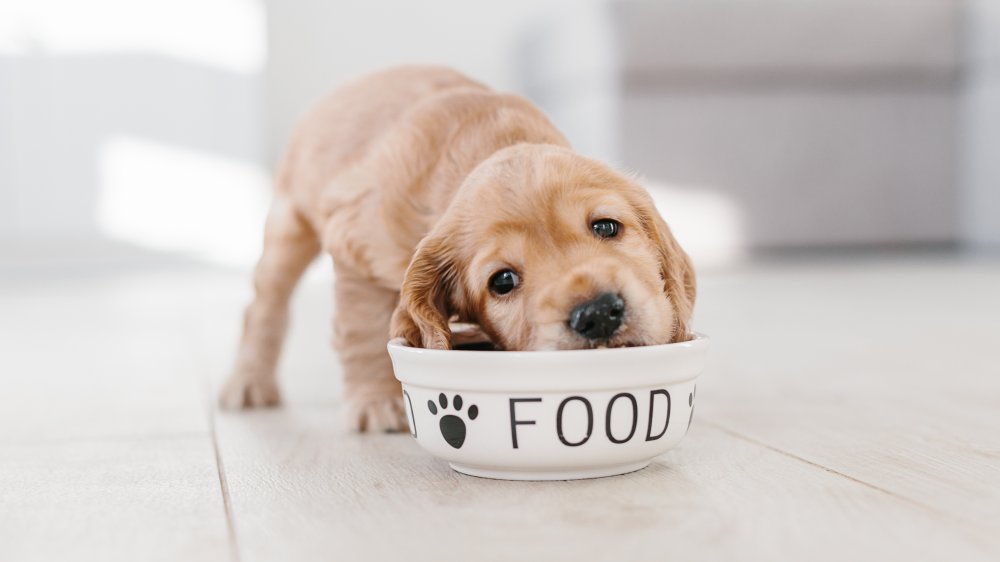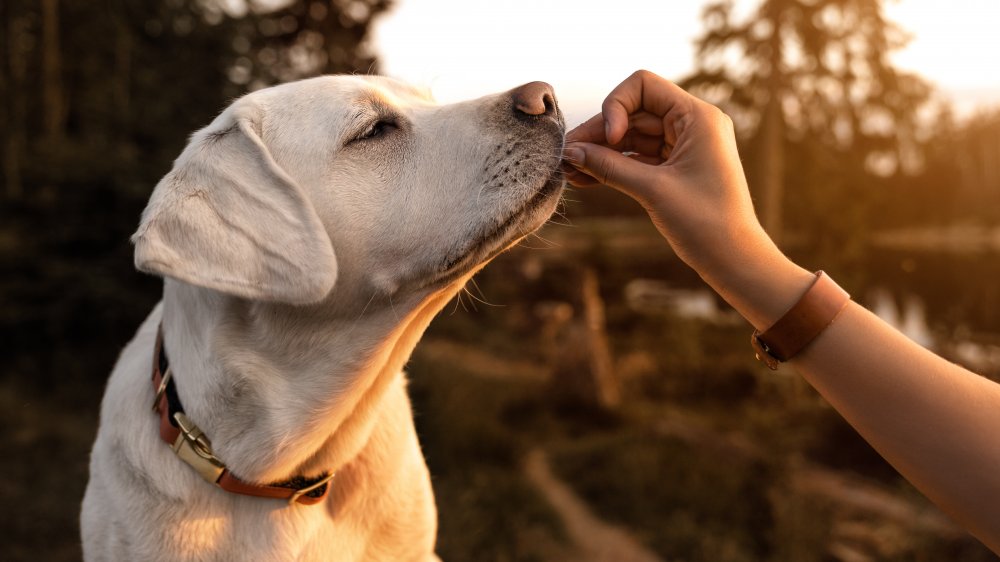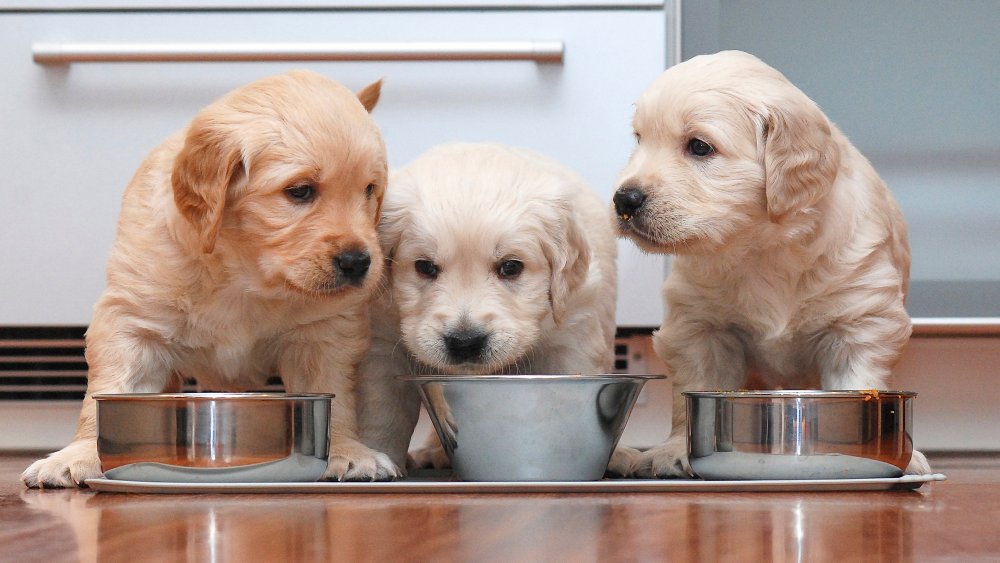Foods You Should Never Feed Your Dog
Are you a fussy eater, or do you prefer to think of yourself as someone driven by a sophisticated palate? Or do you have food allergies? How about lactose intolerance? Cilantro is a garnish and flavor widely used in a number of cuisines, but for some people — somewhere between 4-14 percent, according to Huffington Post — the taste is akin to soap. Or maybe we're talking about a toddler who's having a meltdown because the carrots are too small.
Food is not necessarily food for every living thing. Certainly true of human beings. Certainly true as well for pets — in this case, dogs. Oh, sure, we know what you're thinking: Cats are the fussy eaters whose tastes seem to turn on a dime. Dogs will eat anything, up to and including, well, anything. Ay, there's the rub.
There are some foods that are simply a bad idea for canines. Maybe you've already discovered that your pooch reacts negatively, shall we say, to anything dairy-based — it's not your imagination; some dogs are indeed lactose intolerant, so please keep an eye on that. Even more generally, however, there are foods many humans enjoy that dogs might relish in the moment, but will pay the price soon enough.
Please don't poison your dog
Toward the top of the list comes macadamia nuts. As explained by the American Kennel Club (AKC), macadamia nuts, a delightful reminder of Hawaiian breezes, are a firm negative for canines — "These are some of the most poisonous foods for dogs," says the AKC, with potential ill effects that include damage to the nervous system. Don't. Ever. Same thing applies to almonds. No.
Also a big no: garlic. Garlicky doggy breath might be bad enough. It falls into the same family as onions, leeks, and chives, which are also forbidden, except five times as toxic as the others. The effects might not show up right away, but might include anemia and collapse.
Despite those frat house videos, never, ever feed alcohol to a dog (or any other pet, for that matter). According to the ASPCA, alcohol can depress an animal's central nervous system, perhaps going so far as to result in a coma.
Dog food is for dogs. People food, not necessarily
It's not just an urban legend: Do not — ever — give a dog chocolate, in any amount. If a dog consumes enough, the substance will cause seizures, irregular heart rate, and even death. No cinnamon, please. Not exactly poisonous, but it doesn't go well with the chemistry inside a dog's mouth. Over time there's a danger of liver damage, too. Don't give the dog ice cream. Way too much sugar, way too many empty calories. Caffeine in general and coffee in particular (including the beans themselves) are bad ideas for dogs. They'll work like chocolate on your dog, and for similar chemical reasons.
Grapes and raisins can cause kidney failure. The science on the why isn't known quite yet. Please err on the side of caution. And if you're trying to give your dog a sweet treat without the calories, don't. Xylitol, a common artificial sweetener, is another potential source of liver damage, according to the Pets section of WebMD. Also vomiting and lethargy and seizures.
It's like so many decisions in life. Yes, the dog can and will eat almost anything. But shouldn't. They're depending on you.


